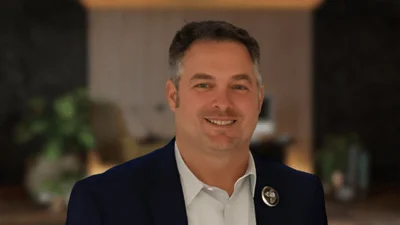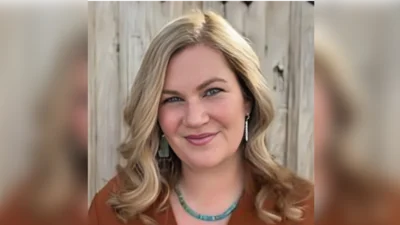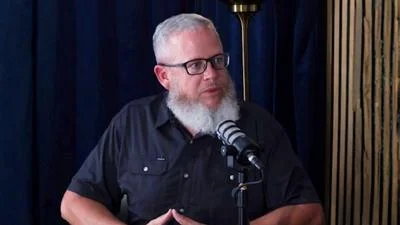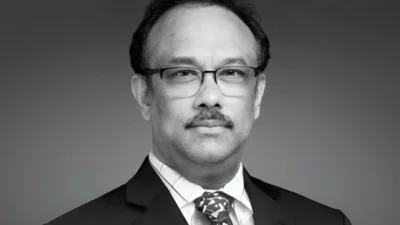New Mexico communities are increasingly dealing with homeless encampments, open drug use, and a behavioral health system where people end up in jails instead of getting treatment. Billions of dollars in spending and new facilities to house the homeless have not produced good results.
Citizen advocate and lobbyist Connie Hill says that communities—starting with Albuquerque—should follow the model in Miami-Dade, Florida, where local authorities enforce no-camping laws and manage a treatment pipeline that sees homelessness as a health issue rather than a criminal issue.
Hill grew up in north downtown Albuquerque in the Wells Park neighborhood. She spent 35 years in five other states working in medical research, including work on schizophrenia. She returned to the Wells Park community 13 years ago, served on the neighborhood association board, and ran for city council in 2019.
Hill links the local homeless crisis to the decision to cluster services in her neighborhood. “We’ve become a city that concentrates our homeless centers in one area of town, and that is primarily Wells Park,” she says. “I literally see the problem every single day, in front of my house and on a constant basis.”
Years of seeing discarded needles led her to organize neighborhood meetings with legislators, city and county officials, and businesses after she saw that “needles are the big problem” and that businesses “are very much negatively affected.”
Damage to local businesses drives much of her concern. “We see it happen time after time from the closings of very popular restaurants like The Range… I know several businesses in my direct area that are literally burned down,” she says.
She says walk-in traffic “just disappears” when people camp near storefronts, and vandalism “causes a huge cost to the business owner.”
In the Miami-Dade County model, Hill describes the actions of a local Judgeto gather everyone together, “from the police force to the medical experts to the judges” to design a comprehensive response to the homeless challenges there. Miami uses what Hill calls the Sequential Intercept Model, which recognizes that “many, many mentally ill… at some time or another are in jail.” She says jails are “not a good place” for mental health care and points instead to a continuum that starts with large transitional housing and voluntary treatment.
It also includes an outreach strategy. “They do serious outreach with law enforcement and peer support,” Hill says. Officers approach encampments without guns. “They go very unassuming to the community in areas where people frequent, and they bring peer support workers, and they reach out to them to the point where they can actually bring them into treatment voluntarily.” When that fails, “they can also call a judge who is ready and willing to give a guardianship order should it be needed.”
Hill contrasts that with Albuquerque, where response to a camp is “a willy-nilly approach” that moves people to new blocks in town instead of into care.
She views Albuquerque’s system as fragmented and short term. The Gateway Center triage unit “is set to basically do emergency detox,” she says, but “the only way you can be brought there is through a police officer or an ambulance,” and “you can’t just walk in and ask for help.”
Emergency rooms hold people for only 72 hours. “You may help that person out of an immediate overdose, immediate detox,” she says. “But the long term solution just isn’t there.” She points to an overburdened county jail where detox happens in cells and dozens of deaths raise questions about basic medical care.
Cost comparisons help make her case for a treatment-first approach. “The cost of incarcerating someone long-term is extremely expensive,” Hill says. In addition, allowing people to destroy businesses and public property adds heavy economic and human costs.
She believes Albuquerque could avert the need to send most homeless offenders straight to jail if it fully staffs the Gateway Center and similar facilities, and uses them for sustained care.
Hill wants New Mexico to become a training hub. She imagines “a collaborative agreement between all our universities,” tying nurse practitioner programs, social work departments, psychiatry PhDs, and community college CNA programs into one pipeline. “We need a trust fund for the graduate school education,” she says, with a “pipeline bootcamp” that recruits New Mexico students, pays for tuition and housing, and requires them to work in-state. Behavioral health careers can pay well, she says, if the state raises salaries enough to keep people in public facilities.
Hill says that other cities “see Albuquerque as a place to bus their unhoused, untreated,” turning the city into “a catch all for the nation” where people can “openly do fentanyl on the streets… and not really have any consequence.”
She insists that the next Mayor must enforce the ‘no public camping’ law and build treatment capacity at the same time. “We really can fix this,” Hill says. “But,” she says, it requires “the will of the whole community.”








